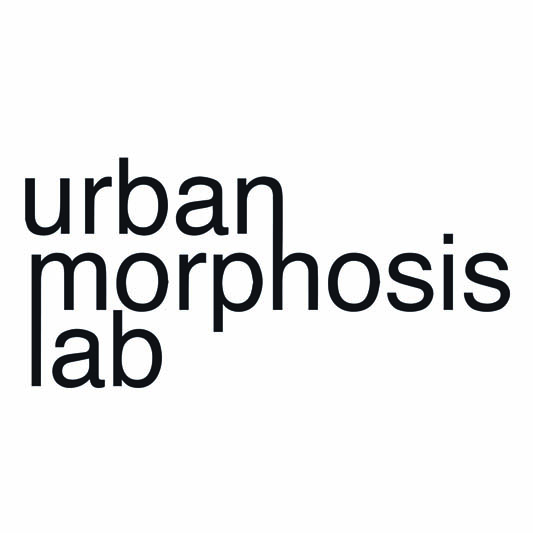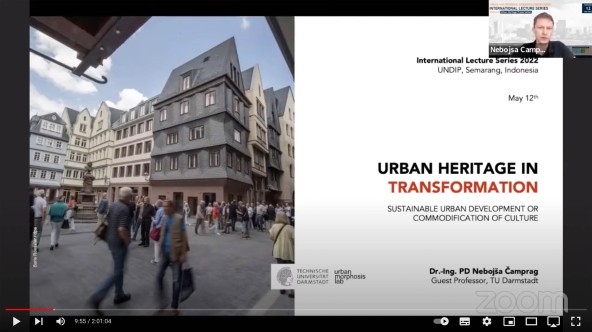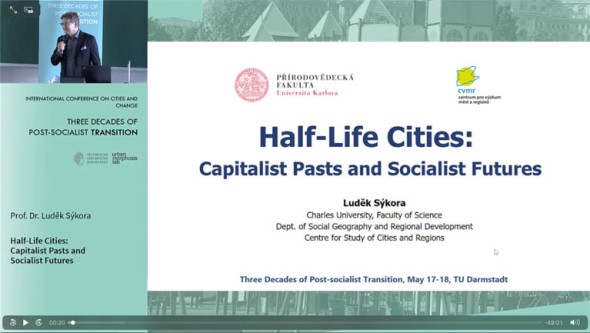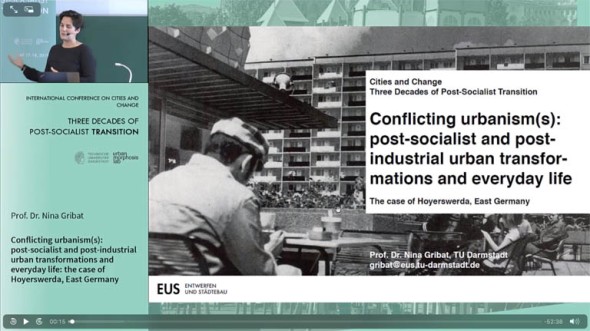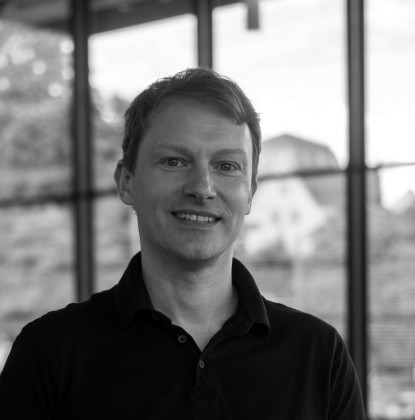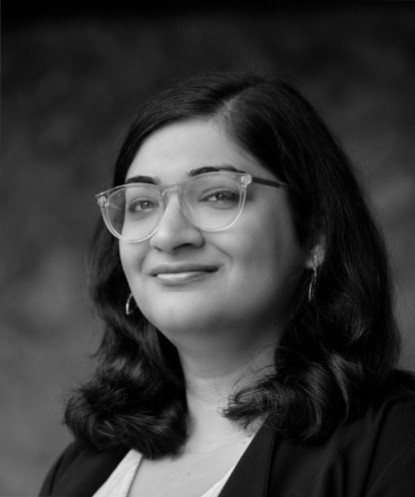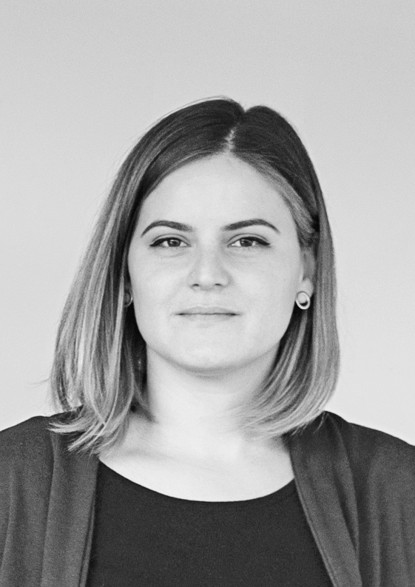Kevin J. Krizek: Back to the Future: A Return to Human-Scaled Urban Mobility
After the societal changes wrought by COVID, and partially owing to rising energy costs, urban leaders around the world now have the opportunity to reimagine city streets. Urban spaces long designed for cars can now be reconfigured as spaces that advance clean energy, net-zero emissions technology and human-scaled mobility. This is true in the EU, in North America, and especially in rapidly urbanizing emerging economies. Space for cars takes up roughly 1/3 of the land area in many cities, and the conversion of this land into shared public space will transform how cities function. In these cities of the future, there will be more inhabitable neighborhoods, healthier lifestyles, green space, and less congestion. New vehicle technologies are critical to this future and includes rethinking the size of cars and relying more increasingly on smaller scooters and e-bikes. These technologies rely less on greenhouse gas emitting fuels and will provide for mobility in more livable cities. This talk justifies how designing streets around smaller vehicles will combat climate change and pollution, all while providing an economically sound, safe, and equitable way to access city spaces after reclaiming car lanes and parking spots as public space.
Video recording available here.
Participants: Kevin J. Krizek, university of colorado; Beatrix Baltabol, Drei Eins – Stadt Freiraum Architektur, Frankfurt; Katharina Knacker, the Frankfurt City Council. Moderation: Nebojša Čamprag, TU Darmstadt
Čamprag, Nebojša: Urban heritage in transformation– sustainable urban development or commodification of culture
During the last few decades we have witnessed comprehensive socio-political, economic and technological changes that imposed reformulation of common values, but also significant transformation of our cities. In such economy-driven transformative process, cultural production and cultural consumption often took over the crucial role. This imposed cultural heritage to gain on importance in urban development strategies, but at the same compromised its intrinsic meanings for the purpose of political or economic gains. This lecture will analyze different cities from diverse European and global contexts to illustrate the potentials of relying on cultural heritage in urban development strategies, but also its highly contested nature that can jeopardize sustainable urban transformation.
Sýkora, Luděk: Half-life Cities: Capitalist Pasts and Socialist Futures
In 1990, Ralf Dahrendorf in his “Reflections on the revolution in Europe” envisaged that sixty years are barely enough to lay social foundations of new society. Three decades since the Great 1989 we are half-life through the anticipated change. Where we are now in 2019? This presentation argues that “Transformation” is not finished project yet. While the social practices of firms, households, and governments under the conditions of expanding neoliberal global capitalism brought former socialist countries and their cities into the global mainstream, the ever-present legacies of communism are deeply embodied in everyday urban life. Struggling through the second round of transition, the urban development paths are shaped by volatile equilibristic of discursive, policy and financial games. Critical reflections of three decades of post-socialist urban transformations help to illuminate alternative development perspectives on cities in Central and Eastern Europe.
Golubchikov, Oleg: Urbanisation of Transition: Cities as the Agency of Change
Lefebvre used to argue that late capitalism is characterized by a transition from industrialization to urbanization as the social ‘episteme’: to understand society one needs to understand its urbanity. In this address, I will argue that transition from socialism to capitalism in Eastern Europe has equally been this epistemic transition to urbanism. While post-socialist cities are often portrayed as merely a projection of larger societal processes, cities in many respects represent the agency of change themselves, providing new material and semiotics framework for the reorganization of society. Indeed, post-socialist urban space has been an intensive and oft-cruel battleground – over ideas, powers, social, economic, and political practices, identities, symbolism, understandings and meanings. It is through these urban experiences and struggles that transition has taken its specific narrative and disciplining power and produces new social relationships. I introduce the notion of “urbanisation of transition” to capture this centrality of the urban in the production of post-socialist society. I will also argue for the importance of proper ‘worlding’ post-socialist cities for a better understanding of the nature of global urbanization (and capitalism) more generally.
Nina Gribat: Conflicting Urbanism(s): Post-socialist and post-industrial urban transformation and everyday life – the Case of Hoyerswerda, East Germany
After German Unity, towns and cities in East Germany underwent several processes of transformation, which were largely unforeseen at the time and which have changed the German discourse on urbanism. Due to the rapid transition of the socio-political system, post-socialist and post-industrial urban change went hand-in-hand even though some efforts were undertaken to facilitate a smooth economic transition process after Unity. To examine the urban effects of these transformations more closely, this keynote lecture focuses on the case of Hoyerswerda, the former second socialist model city of the GDR. Developed to house the workers of the rapidly expanding energy centre, the town’s population grew ten-fold in just a few decades. The new town, constructed according to the principles of GDR’s socialist urbanism, had to be expanded several times. The design of the model city had been both, critiqued and celebrated, from early on, yet it was highly popular amongst its inhabitants. After German Unity, a process of instant re- and devaluation of urban forms and subjectivities associated with socialism and with capitalism can be observed, which was paralleled by economic decline and population loss – a combination that was later termed “urban shrinkage”. Conflicting ideas about Hoyerswerda’s future developed, which are closely connected to different understandings of the various transformation processes. These are to a certain degree exemplary for post-socialist and post-industrial urban transformations in many other towns and cities in East Germany until today.


